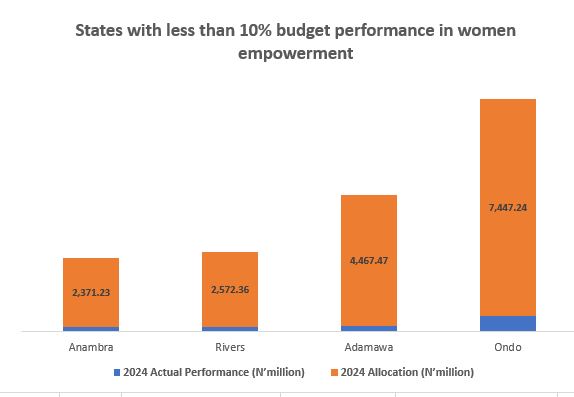Nigeria is to assist war-stricken South Sudan structure best ways of handling ballooning borrowings and, especially develop the much needed debt management institutions.
Officials of the ministry of finance and Economic Planning for South Sudan are on a five-days tour to Nigeria’s Debt Management Office to to gain insight into the developmental initiatives undertaken initiatives undertaken by the DMO which have led to the remarkable progress in Nigeria’s Debt management process and the unprecedented success of its bonds.
Nigeria’s DMO had also at different times in the past hosted Uganda, Sudan, Zambia, and Zimbabwe of similar purposes.
South Sudan- a population of about 12 million got its public debt rise to $2.757 billion, increasing N972 million since 2013, according to official records.
Debt therefore reached 20.27 percent of South Sudan GDP, a 7.91 percentage point rise from 2013, when it was 12.3%.
Phillip Ajack Boldit, Director General, Directorate of Macroeconomic Planning, South Sudan said at one of the meetings yesterday that as at today, his country, do not have exact records on the level of huge debt, a sad situation that had necessitated their seeking help from Nigeria.
“Our borrowing was not organised. Today, we do not even know the volume of loans we have,” Boldit said at the meeting.
“We are in serious crisis like Nigeria was before the debt pardon and subsequent establishment of an efficient debt management office. So how did Nigeria do it that they walked out of debt. That is why we are here.”
Boldit, who led an eight-man delegation to the DMO said infact, most of the borrowings were through the country’s Central Bank, which ought to be the last resort but was abused.
“This resulted in the apex bank printing more money, which meant more money in the market and it caused the devaluation of our currency. “So, we have a very high inflation which can only be brought down when we devise ways to manage our debts properly,’’ he said.
Boldit expressed optimism on the outcome of the study, adding that South Sudan could share from Nigeria’s experience.
“We have high expectations. Nigeria and South Sudan have a lot of similarities. We have oil and insecurity as well. “Prior to the discovery of oil, agriculture was the back bone of our economy. But for no reason, we neglected that. Now that oil prices have dropped drastically we regret that decision.”
Receiving the delegation which would also visit the Central Bank of Nigeria and Accountant General of Federation, Abraham Nwankwo, Director-General, Debt Management Officer (DMO), assured that Nigeria would assist South Sudan in its debt management process as also help them set up a Debt Management Office.
Nwankwo stressed the need for cooperation among African countries.
“This visit has opened a new door for economic cooperation between Nigeria and Sudan, to share our knowledge, experience and also to learn from each other.
“We are happy that rather than going to European or industralised Asian countries, you came to Nigeria. This shows the spirit of African solidarity,’’ he said.
Nwankwo further noted that for Africa’s leadership to shine, the continent must realise that they need each other.
Onyinye Nwachukwu









